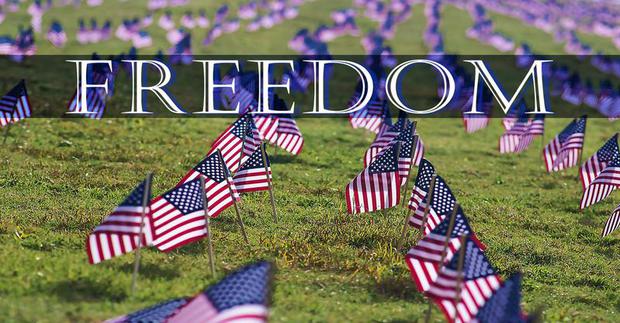Colonial Struggles
Life in colonial America was challenging. Settlers faced harsh winters, diseases, and isolation. Over time, they cultivated traditions of hard work, faith, and self-reliance. As the colonies expanded, so did their yearning for independence from British rule.
Seeds of Revolution
The 1760s and 1770s saw rising tensions due to acts like the Stamp Act, Tea Act, and Intolerable Acts. These imposed burdens ignited protests such as the Boston Tea Party. The rallying cry of “No taxation without representation” became the heartbeat of a revolution.
Declaration of Independence
On July 4, 1776, the Second Continental Congress approved the Declaration of Independence, authored by Thomas Jefferson. This bold document proclaimed the colonies as free and independent states, emphasizing unalienable rights: life, liberty, and the pursuit of happiness.
The Founding Fathers’ Vision
Leaders like George Washington, Thomas Jefferson, John Adams, Benjamin Franklin, and Alexander Hamilton envisioned a republic where power emanated from the people, not monarchs. They aspired to establish a government grounded in laws, rights, and reason.
The U.S. Constitution
In 1787, the U.S. Constitution was drafted, introducing a system of checks and balances to prevent tyranny and safeguard freedom. Designed to evolve with the nation, it relies on informed and engaged citizens for its preservation.
Legacy and Responsibility
The American Revolution was more than a war—it was a declaration of purpose. The founders believed every citizen plays a role in shaping the nation's future. They understood that liberty requires vigilance and active participation in civic life.
Why the Past Matters
In today's fast-paced world, many Americans are losing touch with history. Distractions and divisions can obscure the truths that unite us. Without understanding our past, we risk compromising our future.
“A primary object… should be the education of our youth in the science of government. In a republic, what species of knowledge can be equally important?” – George Washington
Let this page serve as a reminder and a call to action: educate yourself, engage with your community, and uphold the values that built this nation.
The Global Impact of the Revolution
The American Revolution was not just a colonial revolt; it was a catalyst for global change. It inspired other nations to challenge monarchical rule and pursue self-determination. The principles of liberty and democracy that emerged from the Revolution influenced subsequent revolutions and the formation of republics worldwide.
Unsung Heroes of the Revolution
While figures like George Washington and Thomas Jefferson are celebrated, many others played crucial roles in America's founding. Individuals such as Benjamin Rush, a physician and social reformer, and Esther de Berdt Reed, who organized fundraising efforts for the Revolutionary War, made significant contributions that are often overlooked.

